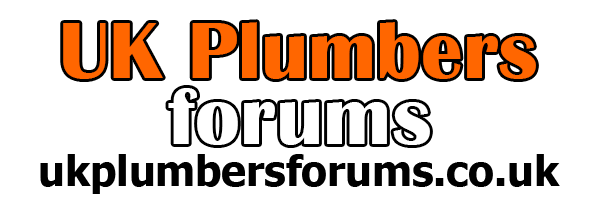T
tuttogallo
Firstly I have to confess to being a DIYer.
I notice that both lead free and leaded are on sale. What are the advantages and disadvantages of each? I would like to know which type of solder to use for which job.
Is leaded being phased out? Is it OK to use up the leaded solder that I have on my central heating system?
Thanks in advance. No discussions about cats please!
tuttogallo
I notice that both lead free and leaded are on sale. What are the advantages and disadvantages of each? I would like to know which type of solder to use for which job.
Is leaded being phased out? Is it OK to use up the leaded solder that I have on my central heating system?
Thanks in advance. No discussions about cats please!
tuttogallo
